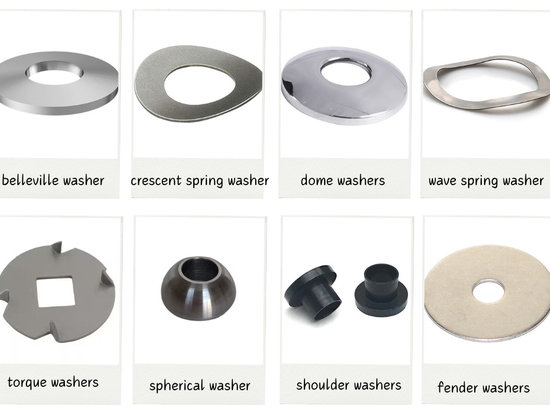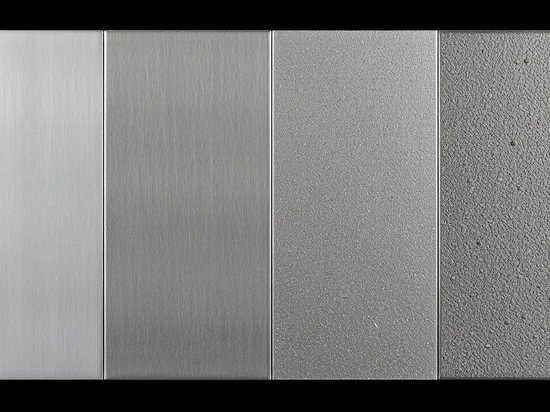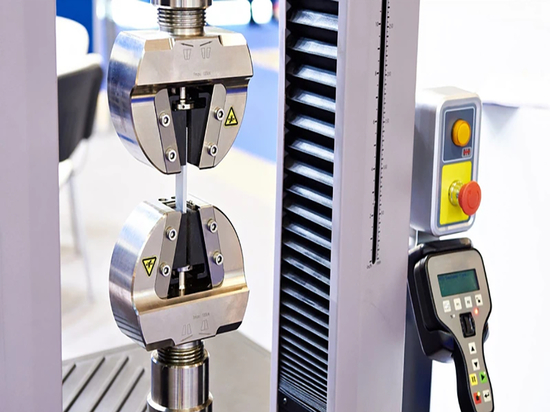
#Industry News
Alloy Steel Vs. Stainless Steel
Which Is Right For Your Project?
Performance comparison
Corrosion resistance: Stainless steel performs well in wet and corrosive environments and usually does not require additional anti-corrosion measures. Alloy steels, on the other hand, require additional anti-corrosion coatings or treatments to resist corrosion.
Strength and hardness: Alloy steels perform better in applications with high strength and hardness, while stainless steels are relatively weak in these aspects, but can also provide sufficient strength and hardness under certain conditions.
Heat resistance: Some stainless steels have excellent heat resistance, but their strength and stability at high temperatures are generally not as good as alloy steels. Alloy steels can maintain good mechanical properties in high-temperature applications.
Fatigue resistance: Alloy steels enhance fatigue resistance by adding alloying elements and perform well under repeated stress and high load conditions. Stainless steels generally have better fatigue resistance in corrosive environments than alloy steels and are suitable for fatigue environments that require corrosion resistance.
Machinability: Stainless steels have good welding performance, but may be more difficult to process during cold working and forming. The difficulty of processing alloy steels depends on their composition and heat treatment status. Some alloy steels are easier to process and some are more difficult.
Economic comparison
Cost: The production cost of stainless steels is generally high, especially stainless steels with high nickel and molybdenum content. The cost of alloy steel varies depending on the content and type of alloying elements, but some high-performance alloy steels may also be more expensive.
Maintenance: Stainless steel reduces maintenance costs in many applications due to its excellent corrosion resistance. Alloy steel may require more maintenance and protection measures to extend its service life in corrosive environments.
Application scenario comparison
Heavy machinery and high-strength applications: Alloy steel is more suitable for heavy machinery and high-strength applications due to its excellent mechanical properties and wear resistance.
Hygienic and corrosive environments: Stainless steel is the best choice. Due to its excellent corrosion resistance and easy cleaning, it is widely used in food processing, medical equipment and other fields that require high hygiene standards.
High temperature applications: The specific choice depends on the application requirements. Both alloy steel and stainless steel have types suitable for high temperature environments. Alloy steels generally have better strength and stability at high temperatures, while some stainless steels can also provide good performance at specific high temperatures.
Summary
The choice of alloy steel or stainless steel should be based on specific application requirements and environmental conditions. If high strength and wear resistance are required and the environment is not corrosive, alloy steel is the ideal choice. If excellent corrosion resistance and aesthetics are required, stainless steel is the best choice. By understanding the advantages, disadvantages and applicable scope of the two materials, you can make the most appropriate choice according to your specific needs.




